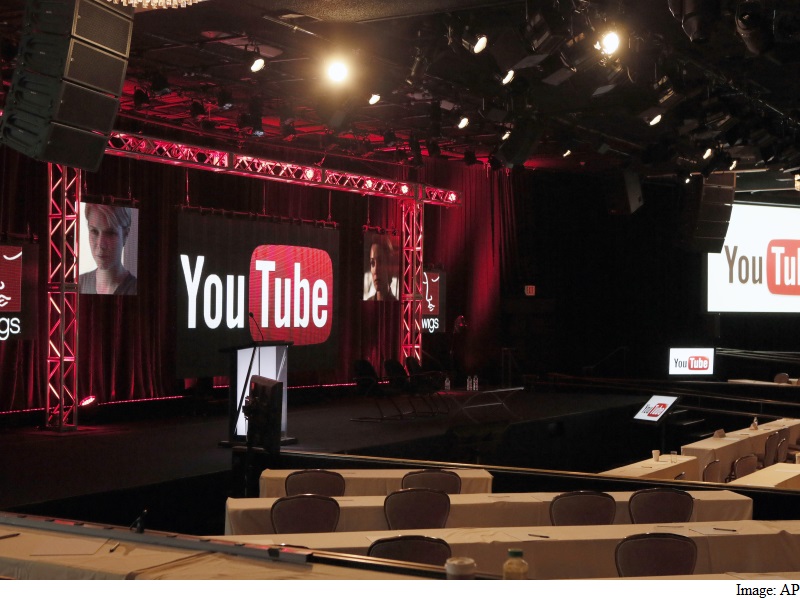
When the popular YouTubers known as the Fine Brothers speak about their work specifically, a series of online videos where people of various age groups “react” to pop culture and Internet phenomena they often speak in terms of creating “time capsules” for future generations to watch and understand how we viewed the world today.
And last week, the brothers spoke as if they were on the verge of another moment that would be replayed as a historical artifact of value: the creation of a licensing program the first of its kind inYouTube that would trademark the “react” video format and allow other creators to use the brothers’ formats in exchange for part of their profits.
One week and an onslaught of outrage later, the popular YouTubers have done a complete about-face. Not only will Benny and Rafi Fine discontinue their licensing program, they wrote in a Medium post Monday night, but they will also not pursue infringement claims against other creators who sample their work or borrow the tropes of the “react” genre. In fact, they’ve already deleted the videos in which they explained and promoted the licensing program.
“We realize we built a system that could easily be used for wrong. We are fixing that,” the Fine Bros. wrote. “The reality that trademarks like these could be used to theoretically give companies (including ours) the power to police and control online video is a valid concern, and though we can assert our intentions are pure, there’s no way to prove them.”
From the beginning, the Fines had insisted that licensing was actually a novel business model that would work in the best interests of YouTubers: They compared it to a chain restaurant, in which they started the original company but would help outfit franchisees with logos and support for a share of their profits. But that earned fury, mockery and accusations from other YouTube creators, who claimed the Fine Bros. were trying to “own” an entire genre of online video making in direct opposition to the democratic, DIY spirit that many YouTubers have embraced.
Since announcing the program, the Fine Bros. have lost more than 300,000 subscribers, a drop so dramatic that some gleeful critics have streamed the falling numbers in real time. Mega64 released a parody video claiming they were copyrighting videos filmed outside, and also YouTube videos in general, “for the community.” Another creator released a video explaining his new licensing scheme for those who wanted to include stick figures in their videos: “Stick figures. They’re mine now, and pay me.”
Merlin, an animated fish and wizard, starred in his own rather profane “react” video accusing the Fine Bros. of adapting the “corporate” Hollywood model that YouTube presumably grew up to oppose: “You are not different,” Merlin says, “just because you say ‘community’ a bunch and wear plaid shirts.”
That critique comes at an apt time for YouTube’s booming creative community: As many of the site’s top stars begin transitioning to mainstream media, and as the mainstream media begins taking cues from series like “Kids React,” questions loom about the future of small YouTube outfits that don’t adapt to this newly corporatized and professionalized environment. The Fine Bros.’ licensing program has now become one spectacularly failed attempt; it remains to be seen if someone else can come up with a solution more viable to the YouTube audience.
“As YouTube becomes more and more a global community, steps like these have to be taken to protect one’s brand, that’s just the nature of growth and ‘playing with the big boys’ so to speak,” wrote analyst Andy Smith on the industry site ReelSEO.
“I’m still unsure of whether this is a good thing for the industry as a whole. Online video is a chance to redefine the media industry and it feels like they are walking the same path that has been walked before, rather than attempting to define online video as something new, different and better.”
[“source-gadgets.ndtv”]